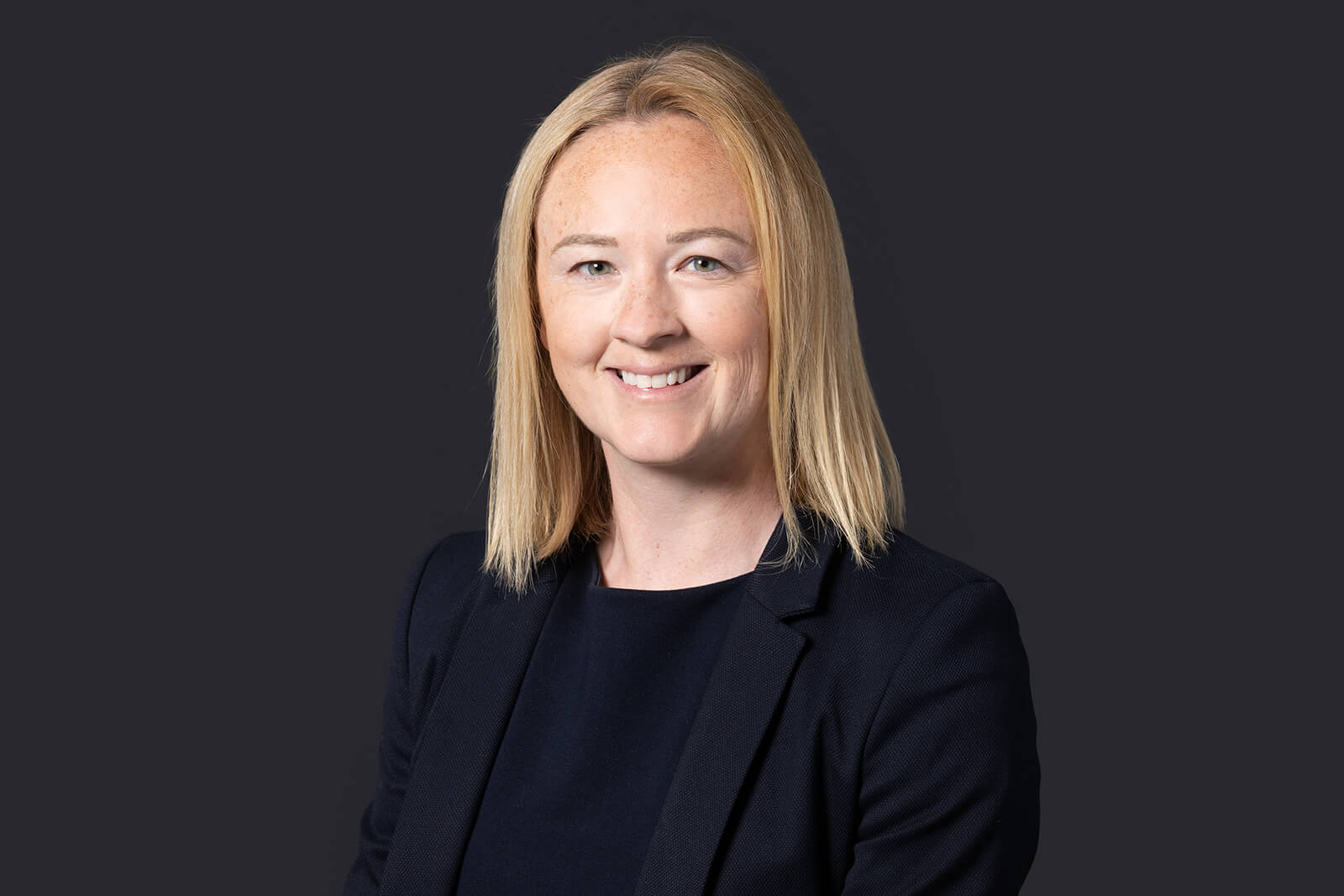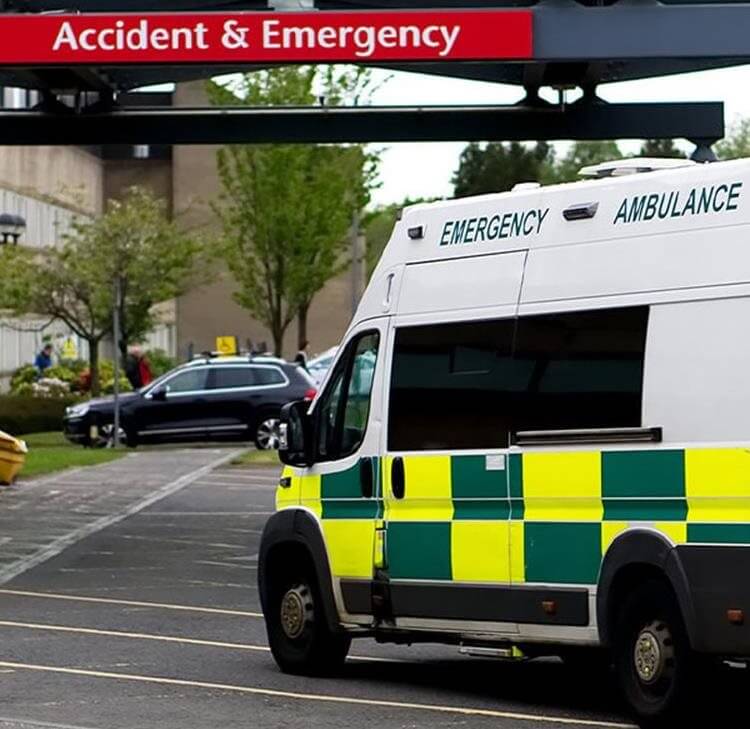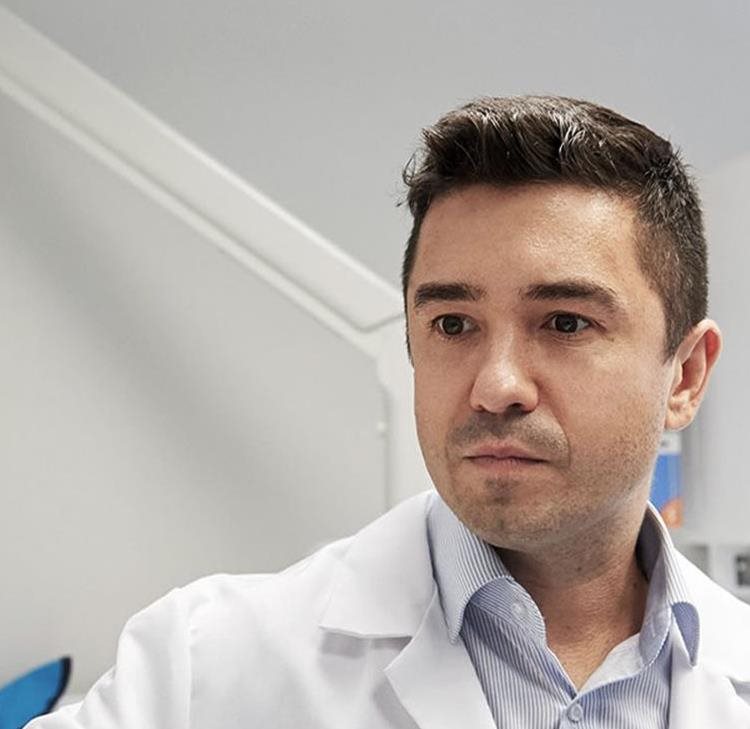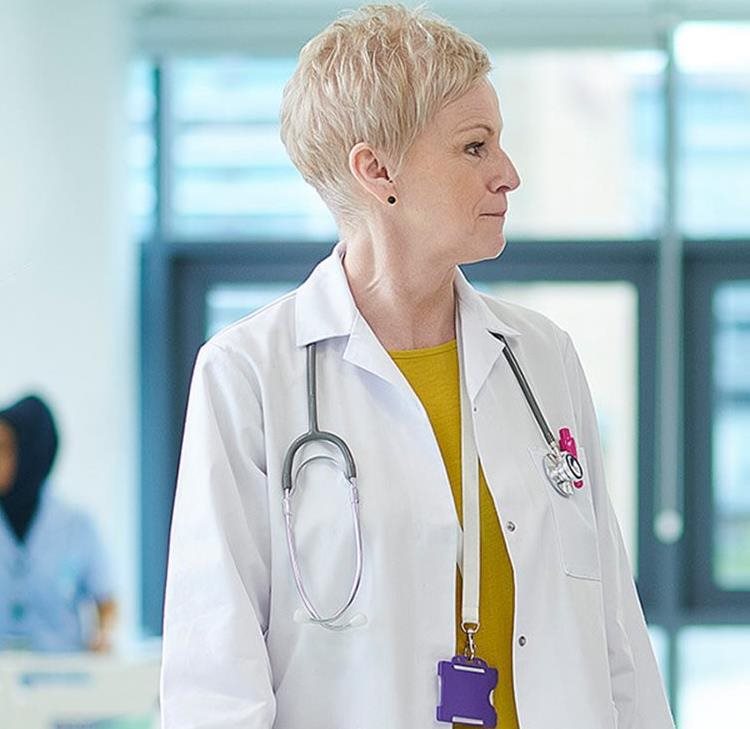Shared Insights: Key themes arising from obstetric claims and inquests
This shared insight looks at the NHS Early Notification team and helping Trusts with cases where babies have died following birth or where mothers have sustained severe injuries during childbirth, speaking of the consequences of these claims and the current focus on safety in maternity services.
These insights were shared at our fortnightly online forum for NHS professionals on 9 March 2021. To find out more please visit our Shared Insights hub.
Sian Brown, Partner at Browne Jacobson spoke of her role as head of the Early Maternity team which focuses primarily on supporting the NHS Early Notification team and helping Trusts with cases where babies have died following birth or where mothers have sustained severe injuries during childbirth. She spoke of the consequences of these claims and the current focus on safety in maternity services.
Kelly Buckley, Senior Associate at Browne Jacobson provided insight into the Ockenden report and the 7 “Immediate and Essential Actions” outlined.
Amelia Newbold, Risk Management Lead at Browne Jacobson set out an overview of the key themes seen in obstetric claims and inquests with a focus on those themes she thinks will be more prevalent in the claims landscape post Ockenden.
Jo Hartley, Associate Director of Midwifery and Neonatal Services, Dorset County Hospital NHS Foundation Trust spoke about the impact of Ockenden at her Trust and the practical steps they have taken to implement the actions required.
Elita Mazzocchi RM, NHS Resolution shared the links between the immediate and essential actions outlined in the Ockenden report and the NHS Resolution Maternity Safety Actions.
The Shared Insights were:
- Last year the annual cost of harm was estimated at £9 billion, of which 60% (£5.4 billion) related to maternity claims. Compensation levels are rising, and it is not unusual to see maternity claims involving neurological damage settling in excess of £20 million per claim.
- The Ockenden review into maternity services at Shrewsbury and Telford NHS Trust, commissioned by the Department of Health in 2017 asked for recommendations that could be implemented nationwide after a series of earlier reports highlighted failings in maternity services at several NHS Trusts.
- The number of cases that form the Ockenden Review has now reached 1,862. The initial findings are covered in the Ockenden Report which is based on the first 250 cases reviewed.
- The Ockenden Report calls for 7 “Immediate and Essential Actions”:
1. Enhanced Safety;
2. Listening to Women and Families;
3. Staff Training and Working Together;
4. Management of Complex Pregnancies;
5. Risk Assessment Throughout Pregnancy;
6. Monitoring Fetal Wellbeing; and
7. Informed Consent.
- When complete, the Ockenden Review will likely be the largest clinical review of a single service in the history of the NHS. The review represents an opportunity to learn from past mistakes, which in turn will lead to better outcomes for babies and mothers in the future.
- Amelia Newbold shared her thoughts on some of the key themes in obstetric claims and inquests and broke them down into issues arising during antenatal and intrapartum care.
- Key antenatal themes include:
- The importance of risk assessment at each contact throughout the pregnancy pathway so that women have access to care provision by the most appropriately trained professional; and
- Consent.
- Key intrapartum themes include:
- Fetal monitoring; and
- Escalation of concerns, including concerns by registrars to consultants.
- Jo Hartley shared that there are several ways to underpin strengths that support a safe maternity service including:
- Looking after your team who are your best asset. You can’t praise people working in maternity services enough – it is a challenging and stressful world to work in;
- Being transparent at all levels, with an honest and open approach when things go wrong;
- There is strength in saying “I am so sorry” and meaning it;
- Standing with your staff when things go wrong. Anyone could be that midwife or doctor involved in a poor outcome;
- Seeking out difficult conversations with patients and staff as they will help improve things going forwards;
- Having the senior team working clinically on a regular basis so they remember what it is like on the floor;
- Maintaining strong relationships with the LMS and CCG; and
- Communicating with board safety champions.
- Some areas of focus in the Ockenden report are already incentivised by the Safety Actions in the NHS Resolution Maternity Incentive Scheme.
Speakers

Sian Brown
Partner

Kelly Buckley
Partner

Amelia Newbold
Risk Management Lead
Shared Insights
Our fortnightly online NHS forum for industry professionals.
Contacts

Damian Whitlam
Partner
damian.whitlam@brownejacobson.com
+44 (0)330 045 2332

Nicola Evans
Partner
Nicola.Evans@brownejacobson.com
+44 (0)330 045 2962








































